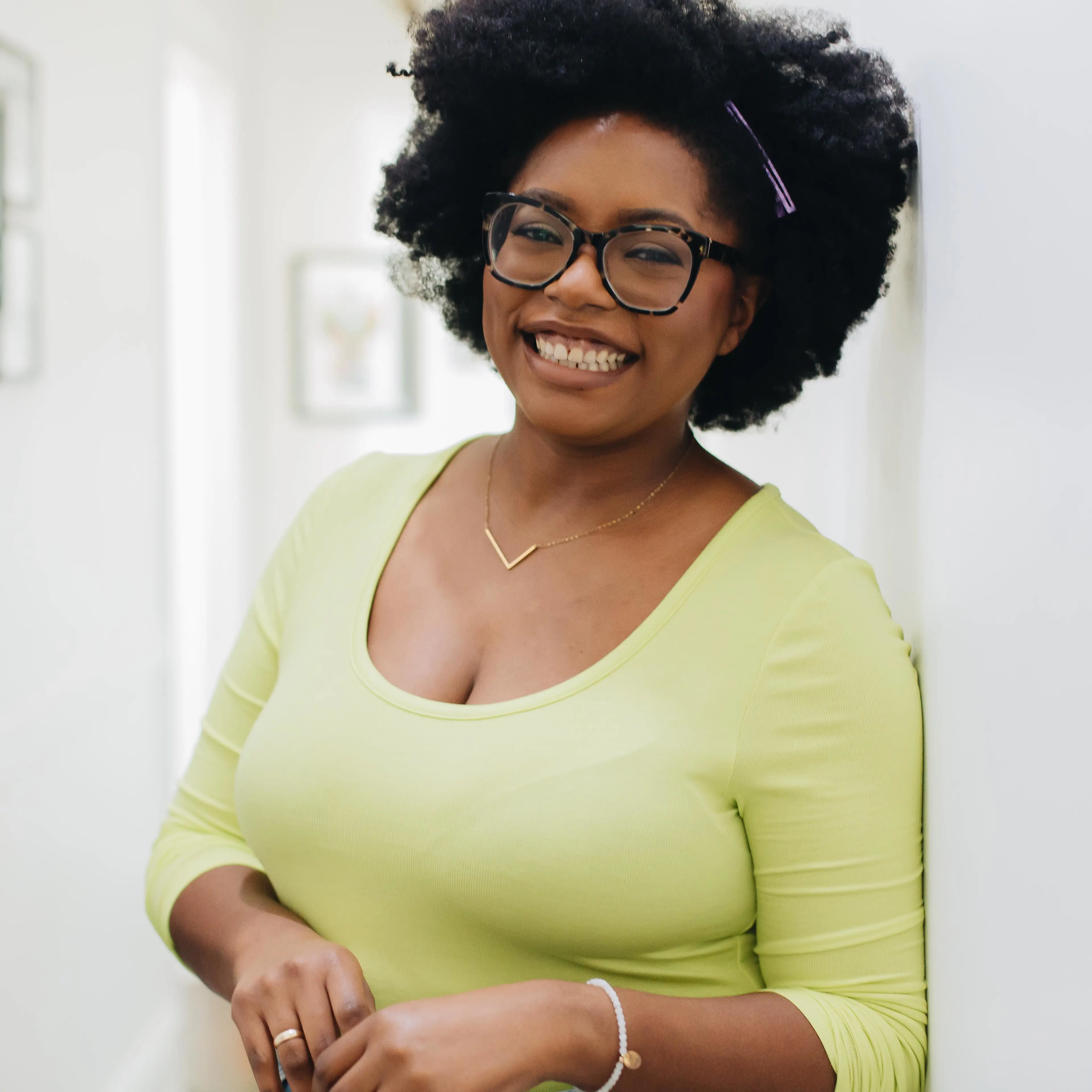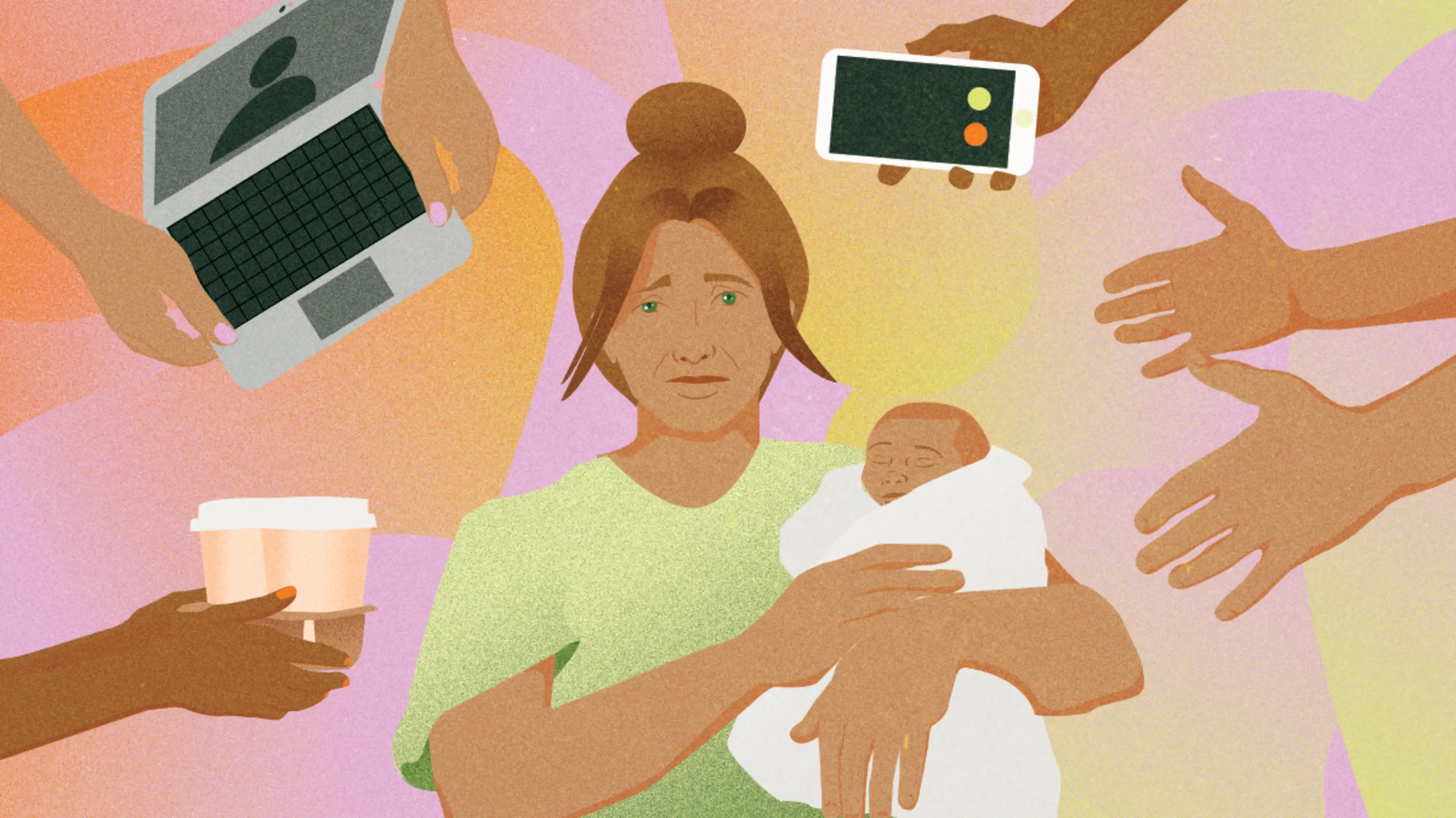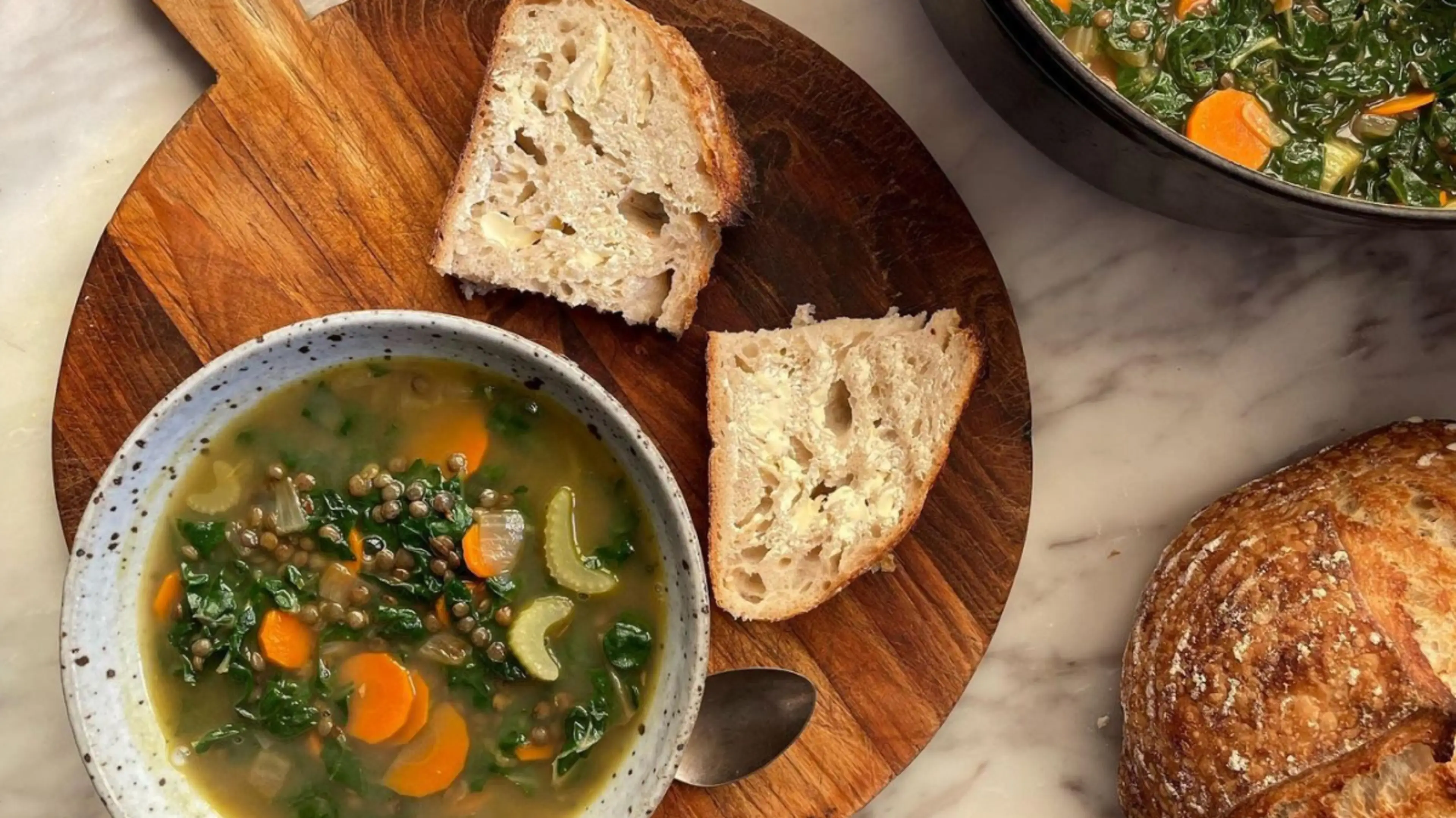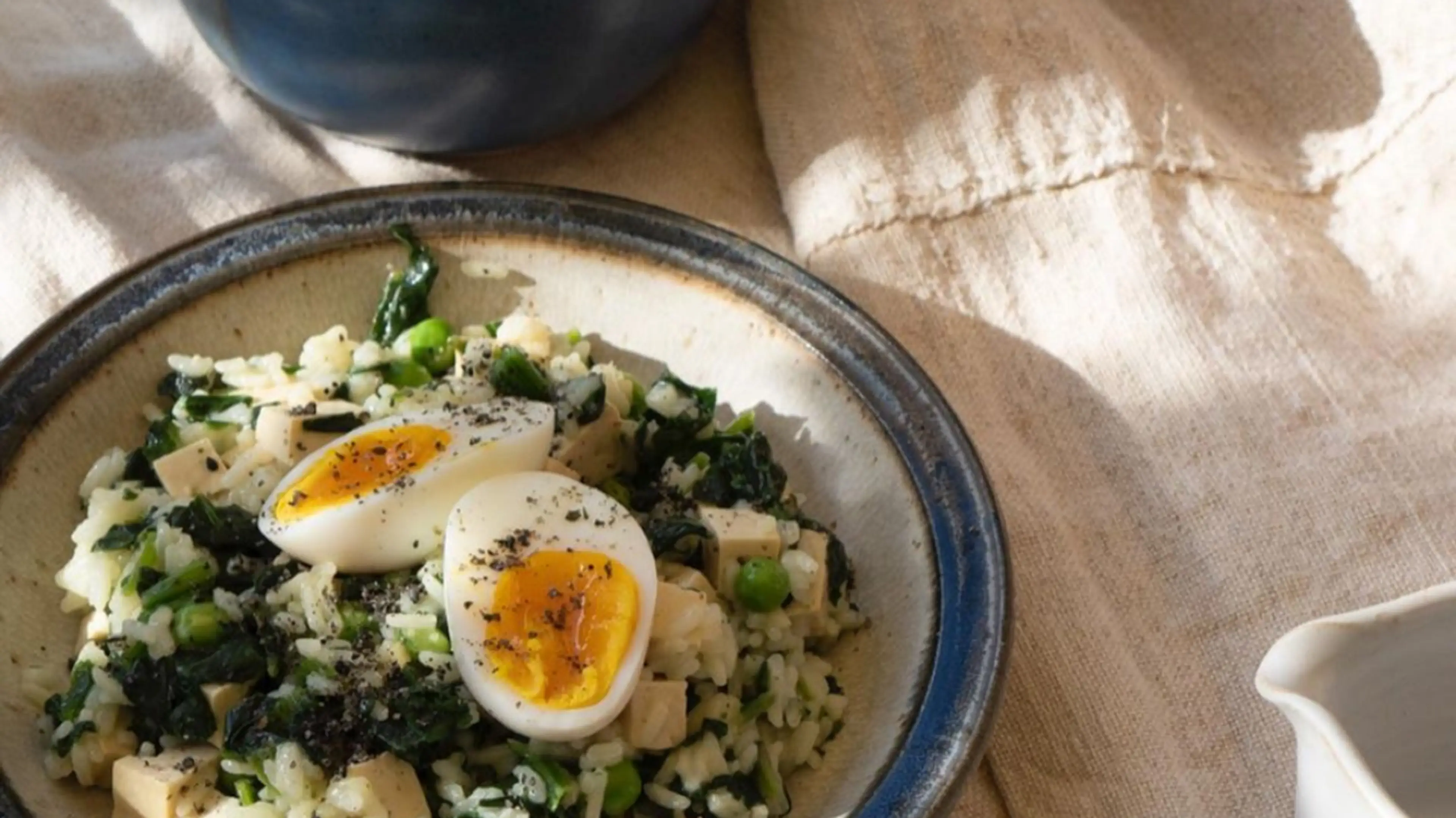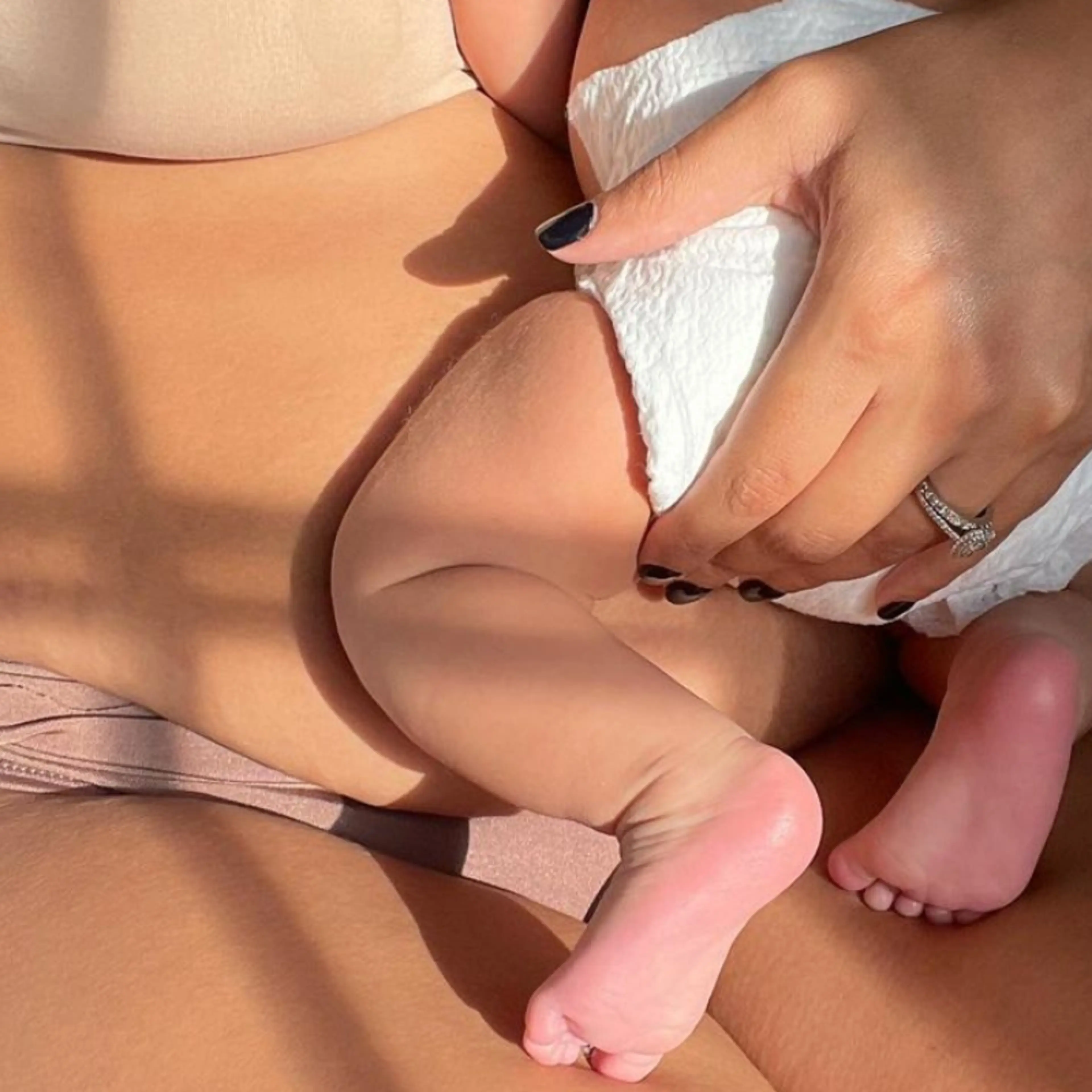From the moment you get the positive pregnancy test, it seems like everyone has an opinion on what you should do and how you should raise your child. And if you’re having difficulty conceiving? Don’t worry, your second cousin twice removed on your mom’s side knows a girl who tried Pilates and got pregnant—it should work for you, too.
If you want any chance of maintaining a modicum of your mental health during pregnancy (and beyond), then it’s important to learn how to set boundaries.
“Boundaries protect what's important to you—they are the limits and expectations we set in relationships with others and with ourselves to feel safe and balanced,” says Michelle Goodloe, an Atlanta-based licensed clinical social worker, author, mom, and founder of GMichelle Wellness, an online mental health and wellness hub. “As parents, boundaries can help preserve your energy, time, capacity, and so much more. Setting and maintaining boundaries is necessary for you to take care of yourself well.”
Just because you’re a new mom doesn’t mean you have to take in everybody’s advice and opinions or say yes to everything that is asked of you. But if you’re a recovering people-pleaser like me, then it may feel a bit intimidating or uncomfortable to confidently state your needs and stick to them.
“When beginning to set boundaries, try your best to reflect on your needs first and your intentions for setting the boundaries in the first place,” suggests Goodloe. “Then try this exercise: imagine how your future self would feel if you set and maintained a boundary today. Would your future self feel more rested? Relaxed? Organized? Supported? When working up the courage to create boundaries, consider moving through the discomfort to care for your future self.”
When to Start Setting Boundaries
The sooner you learn to set boundaries, the better off you’ll be. While it’s impossible to account for every boundary you’ll need to create as a new parent, it’s a good idea to start practicing while you’re expecting.
“Boundary setting doesn't have to be an incredibly formal affair either—have casual conversations about what you and your baby will need with your loved ones as soon as you'd like,” Goodloe says. “Oftentimes, the earlier you can discuss and create boundaries, the better.”
One of the best and first chances you’ll have to practice boundaries is with your birth plan. In a virtual support group I attended while pregnant (run by Expectful, no less), one of the moms graciously shared her very in-depth birth plan as a template for the rest of the group. As someone who loves a good template, I was excited to dive in. Some questions to consider as you prepare your birth and postpartum plan are:
Who do you want with you during labor and delivery?
Will you be open to visitors?
What, if anything, do you want visitors to bring?
“Bring up scenarios that could occur and what support you may need,” says Goodloe. “You can discuss feeding schedules, your birth plan, childcare options, baby registry items—whatever you need. Also, know that you do not need to have all of the answers yet, it's okay to not know everything.”
If you can, Goodloe recommends keeping a running list of tasks and responsibilities you feel comfortable receiving help with, such as cooking, picking up groceries, running errands, refilling diapers, doing laundry, and sharing tasks on the list with people you trust.
“Similarly, consider creating boundaries around receiving unsolicited advice or unhelpful guidance, which can add to feelings of postpartum stress and anxiety when unwarranted,” she says. “Having a say with what you need assistance, support, or help with can be incredibly helpful with loved ones and childcare support.”
How to Set Boundaries
“There are many reasons why it can be difficult to set and maintain boundaries with loved ones, specifically parents and grandparents,” explains Goodloe. “Many seasoned caregivers have valuable experience and insights into parenting that they can't wait to share with you now that you're a parent, too. And sometimes, we can see some loved ones be more bold, persistent, and adamant that their way of parenting is best.”
Additionally, there tends to be a power dynamic at play given that your parents and grandparents were probably the ones changing your diaper and warming your bottles when you were a baby.
“As much as you can, remember that you are developing your own style of parenting that is specifically crafted for your new little one's needs,” says Goodloe. “Allow yourself to sift through and filter out the advice and guidance you would like to add to your parenting style.”
However, if a piece of advice or guidance doesn’t resonate with you or is even harmful (sleep guidelines change more often than you think, trust me), Goodloe advises you to trust your instincts and move forward with setting a boundary…or two, or three.
“Boundaries can help strengthen relationships because they can teach others how to have a healthy relationship with you,” she says. “This goes for parents and grandparents alike!”
Remember, setting boundaries is an act of self-care and you deserve to feel supported. Trust yourself, your intuition, and take pride in knowing you’re making the best decisions for yourself and your growing family.
